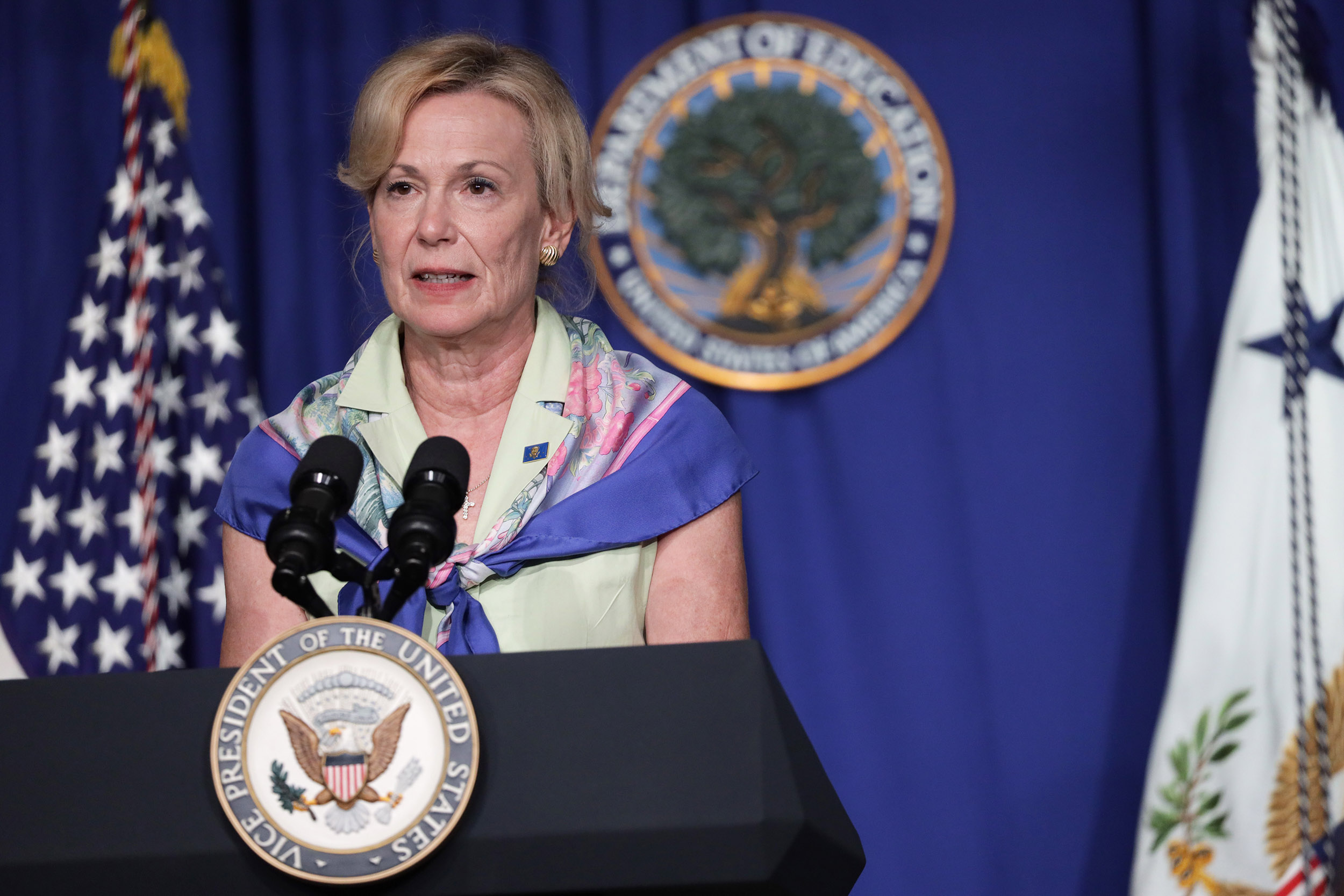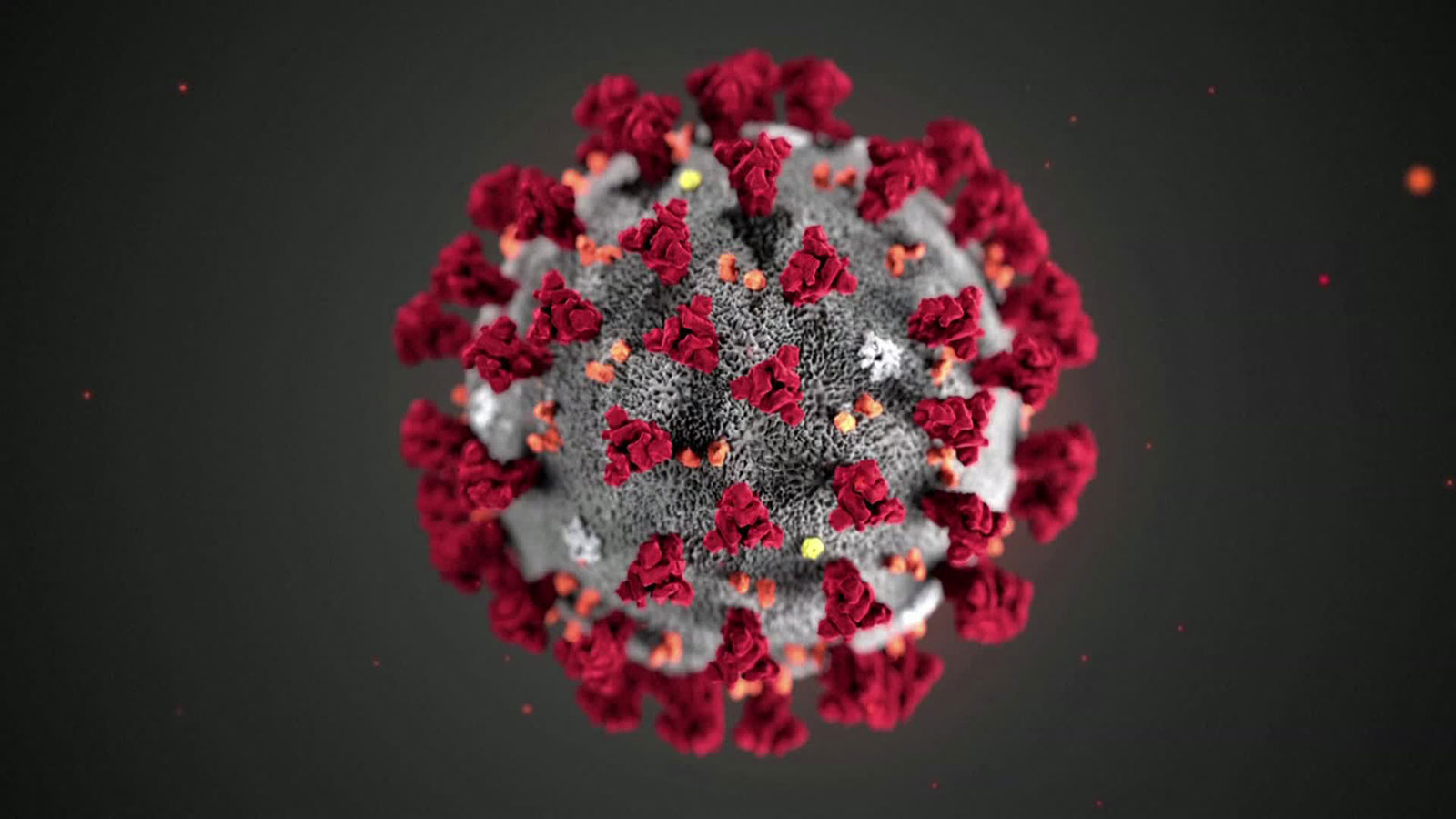Birx is hopeful for a vaccine, but convinced community spread can be stopped right now
From CNN Health’s Naomi Thomas
 White House coronavirus response coordinator Dr. Deborah Birx speaks during a White House Coronavirus Task Force press briefing at the US Department of Education on July 8, in Washington DC. Alex Wong/Getty Images
White House coronavirus response coordinator Dr. Deborah Birx speaks during a White House Coronavirus Task Force press briefing at the US Department of Education on July 8, in Washington DC. Alex Wong/Getty ImagesWhite House Coronavirus Response Coordinator Dr. Deborah Birx said that while she is hopeful for a vaccine, she is also convinced that community spread can be stopped right now.
Speaking at a media event in Minnesota Sunday, Birx said that people shouldn’t wait for a vaccine to do the right thing.
Do the right thing today,” she said. “Because if we do the right thing today, we go into the fall with much fewer cases.”
Birx also said that she is hopeful that when the data becomes available and the American people can see that a vaccine is safe and effective, that they will want to get vaccinated.
Right now, we gain freedom through wearing our masks and socially distancing. With a vaccine, it’s a very different potential interaction for all of us,” she said.
“Yes, I’m hopeful for a vaccine,” she said. “But I’m also very convinced right now that we can stop community spread by wearing masks, socially distancing and avoiding crowds.”
Birx pointed out that crowds are not just things like large concerts, but also backyard barbecues with 25 people who aren’t wearing masks.
More than 25 million people have now been infected by coronavirus
 This illustration, created at the Centers for Disease Control and Prevention (CDC), reveals ultrastructural morphology exhibited by coronaviruses. Centers for Disease Control and Prevention
This illustration, created at the Centers for Disease Control and Prevention (CDC), reveals ultrastructural morphology exhibited by coronaviruses. Centers for Disease Control and Prevention At least 25,143,423 people have been infected with Covid-19 worldwide since the global pandemic began, according to Johns Hopkins University's tally of cases Sunday night.
The figures also show that at least 845,414 people have died after contracting the virus.
Case numbers have soared exponentially since they first were reported in China in December 2019. The world recorded 1 million cases more than three months later, on April 2. The tally hit 10 million cases on June 28 and took just six weeks to double.
While the world has learned a great deal about how to control the spread of the virus, governments are starting to lose their grip on the situation once more.
Countries that were hit early in the pandemic saw case numbers dip after they imposed strict rules around social distancing and movement. But the figures are rising fast again as lockdowns are lifted and frustrations among the public lead to a growing backlash against mask-wearing and other restrictions that have led to job losses, economic damage and widening inequality.
As fall approaches in the Northern Hemisphere, doctors are already seeing signs of a dramatic second wave of infection that will be almost impossible to contain until a vaccine is developed and widely distributed -- another step that is already facing fierce opposition.

 5 years ago
579
5 years ago
579 

